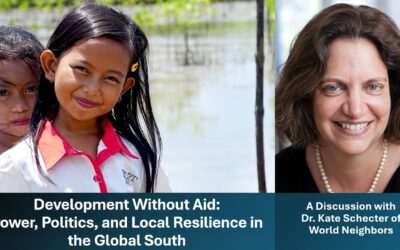Opinion by Arezki Daoud: The earthquake in #Morocco and the floods in #Libya should be an opportunity for “leaders” in the region to fix long-standing problems that turned the #Maghreb into a virtual war zone. You’d think so? But I am not holding my breath.
The brother enemies Morocco and #Algeria are even more entrenched in their dueling positions as ever on a series of issues, chief of which is the #WesternSahara and who has the muscles to be called “regional leader.”
Sadly, reading statements on social media by normal folks of both countries confirms that even the populations have been dragged into a conflict that started with their leaders. The cancer has metastasized and so the food-fight will continue.
In Libya, foreign meddling brought that country to its knees and to a point of no-return. We see the devastating impact of foreign meddling (more devastating than Storm Daniel) materialize in the complete lack of readiness of the so-called authorities and utter state of decay of Libyan cities. And these same foreign meddlers show no appetite of letting Libya be in peace and so the drama there will continue. Here’s a brief video podcast on the floods in Libya.





